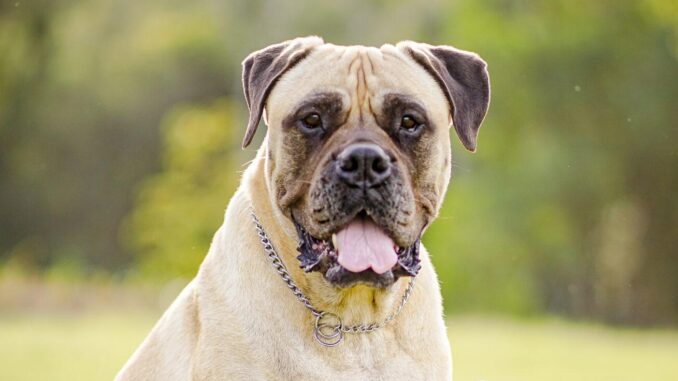
Canungra dog owners are urged to be vigilant around dogs and chocolate this long weekend for a ‘pawsitively’ enjoyable Easter.
Whether it’s eggs, bunnies or bilbies, chocolate will hop into Queensland homes in all shapes and sizes this Easter, and all of it contains theobromine.
As the principal alkaloid of chocolate’s essential ingredient – the cacao bean – theobromine is perfectly safe for humans, but dangerous to dogs.
Theobromine targets dogs’ nervous, cardiovascular and respiratory systems.
Communities Minister Leeanne Enoch urged pet owners to put chocolate up high and out of reach.
“One of the biggest risks for our four-legged, furry friends at this time of year is the family Easter egg hunt,” she said.
“Doing a sweep of the yard after an Easter egg hunt for any unfound chocolate that could be sniffed out by the family dog is absolutely critical.”
“Easter is a wonderful opportunity to bring family and friends together, but the last place anyone wants to be is at the emergency vet with a very sick and distressed pet.”
RSPCA Queensland Chief Veterinary Officer Dr Anne Chester reminded pet owners of the toxicity of both chocolate and hot cross buns.
“Chocolate poisoning is a problem that occurs mainly in dogs but also occurs occasionally in cats or other animals,” she said.
“Theobromine concentration varies in different types of chocolate. Cocoa powder, baking chocolate and dark chocolate all contain higher levels and the impact on pets can depend on their size and the amount of chocolate they ingest.”
In dogs of all breeds and agility, chocolate poisoning can cause restlessness, hyperactivity, trembling, vomiting, diarrhea, increased heart rate and seizures.
Other human Easter treats such as hot cross buns, avocado, onions, salt, grapes, tomatoes and alcohol can also leave dogs feeling decidedly ‘ruff’.
Queenslanders should seek immediate veterinary advice if they suspect their four-legged companion has ‘woofed’ down even a small amount of chocolate.






